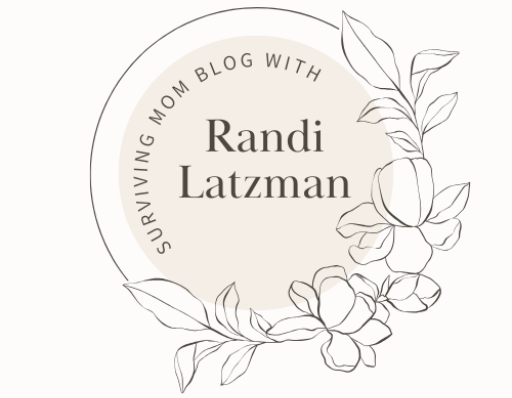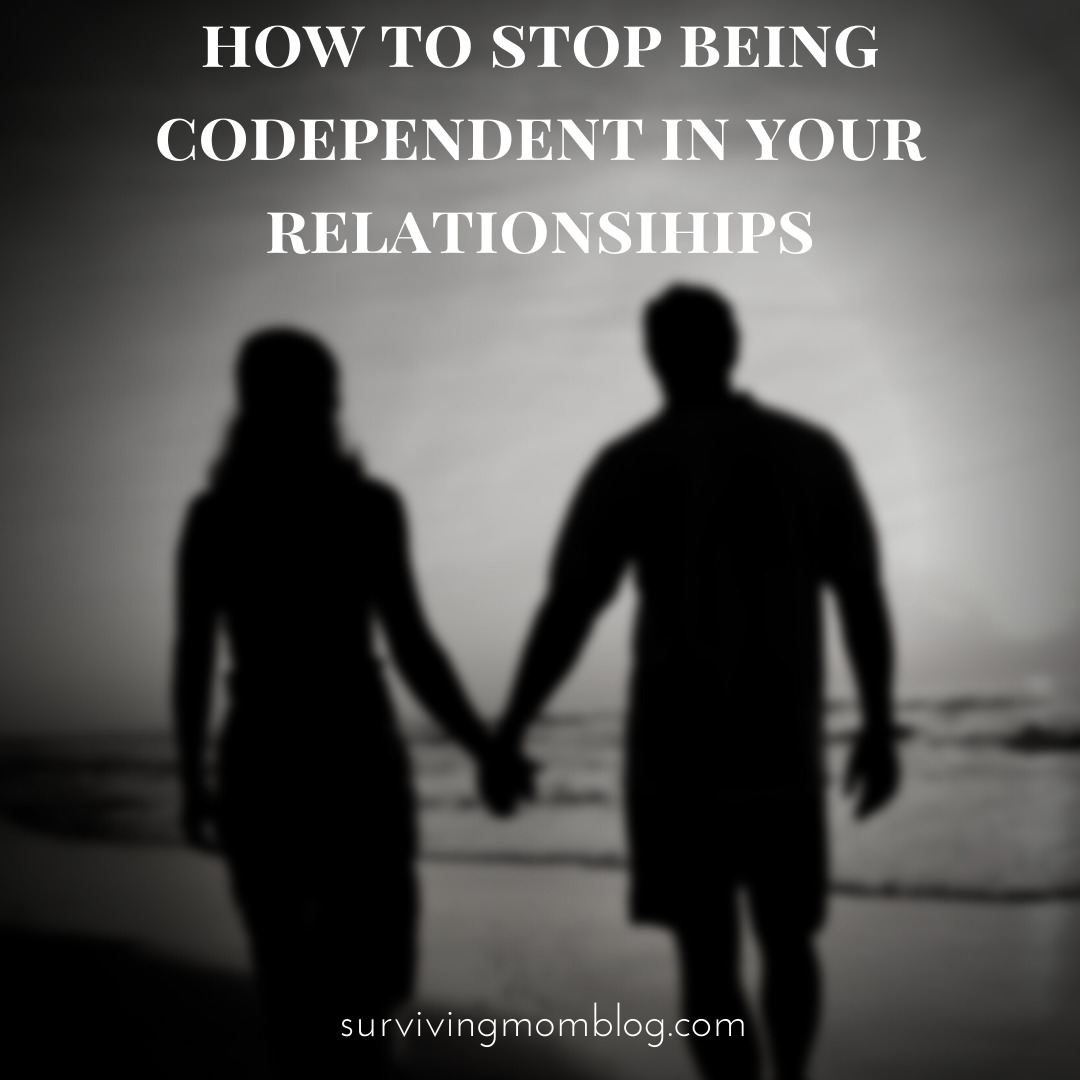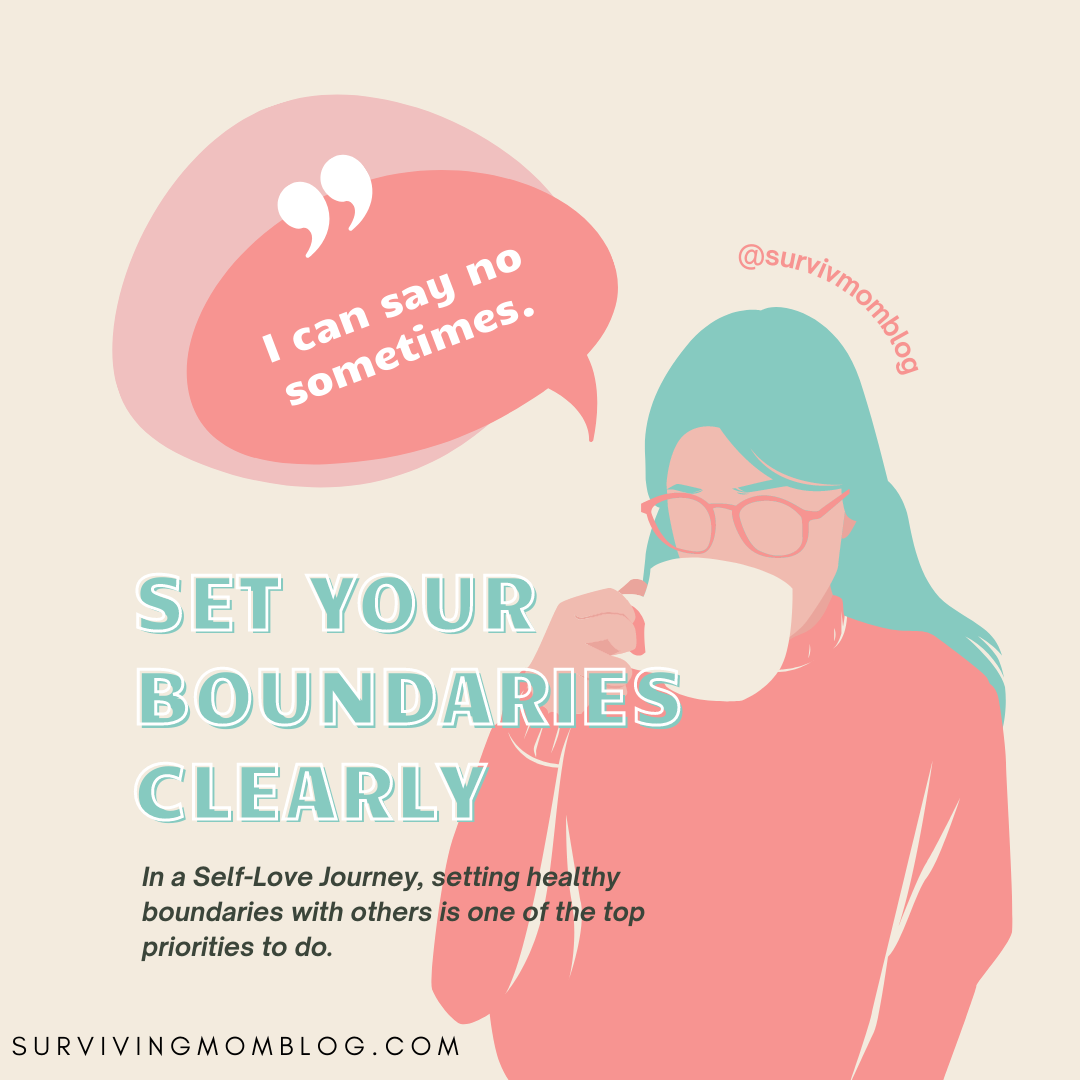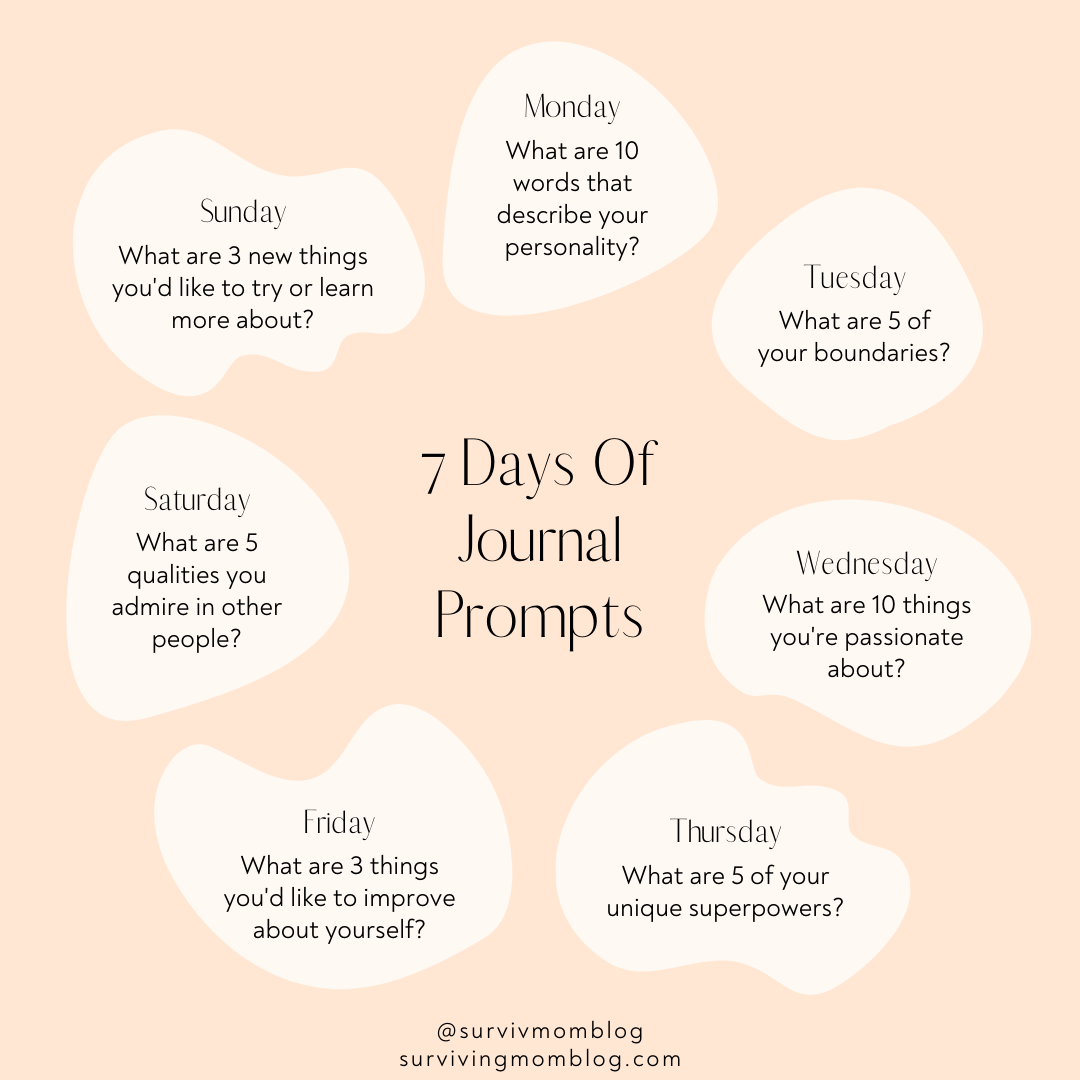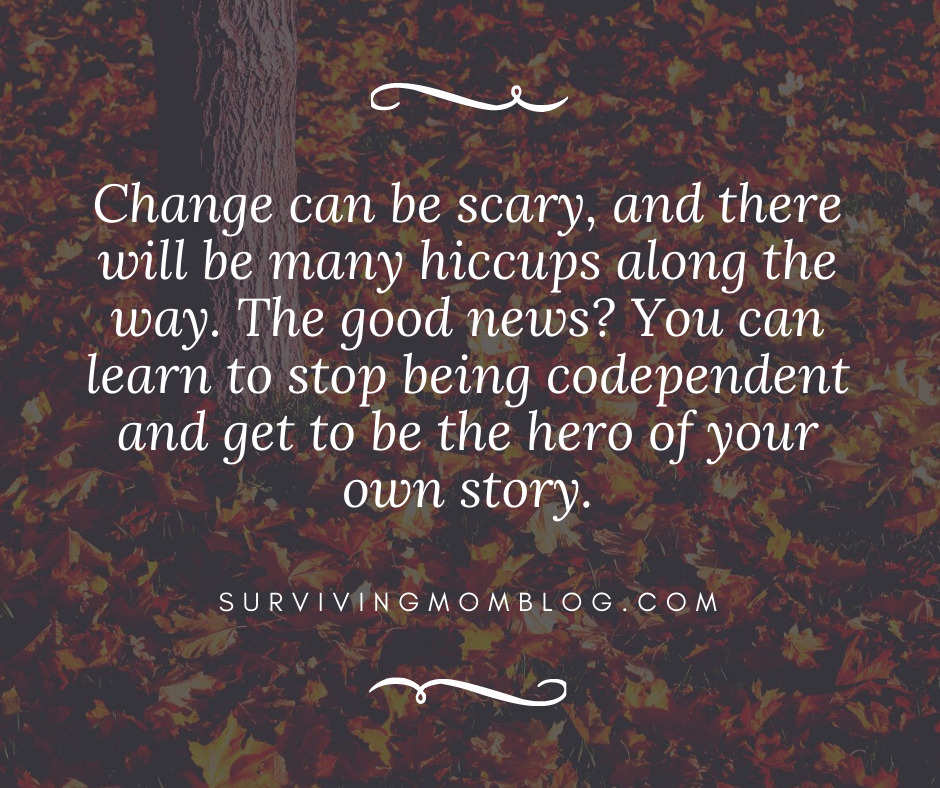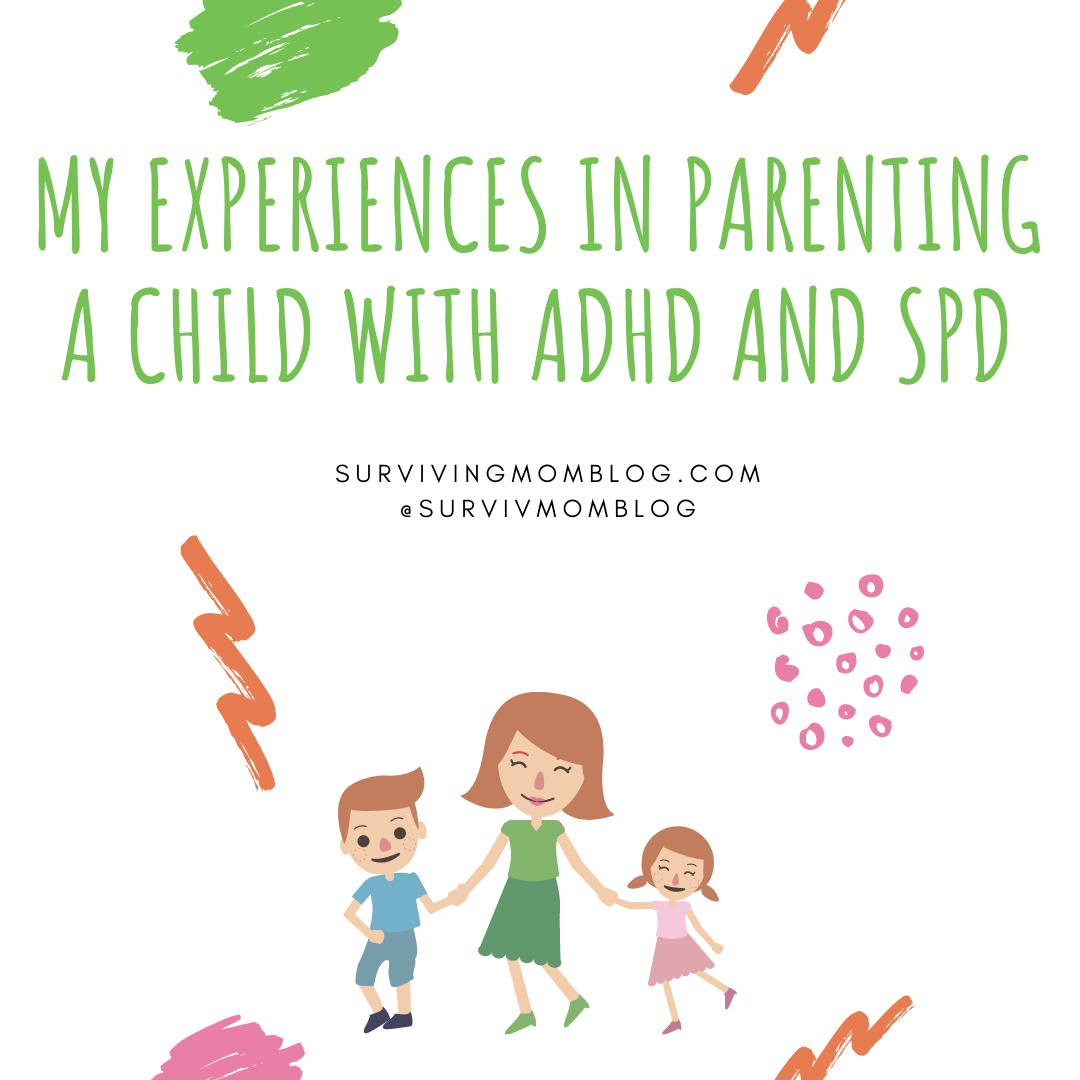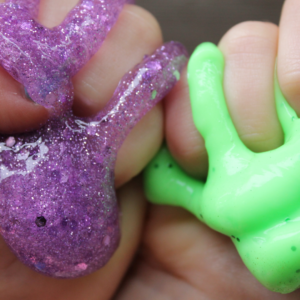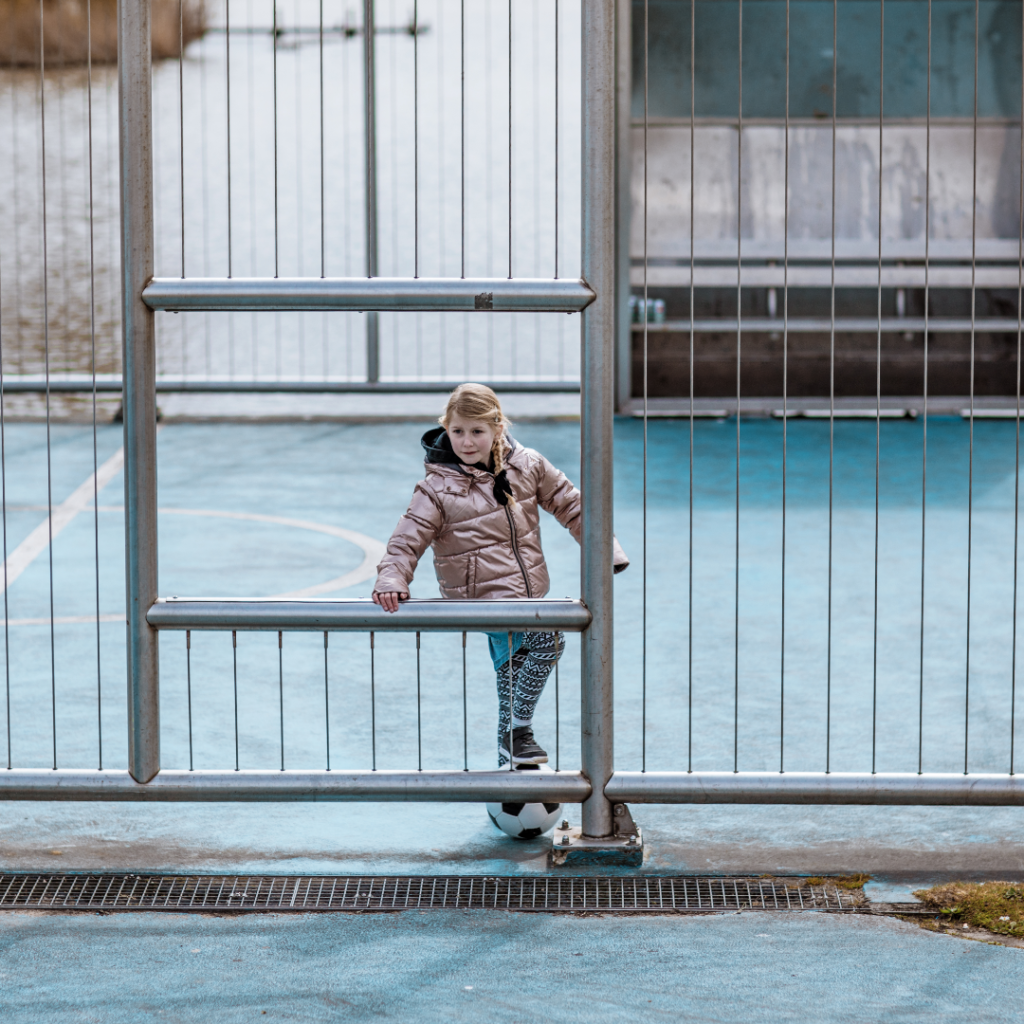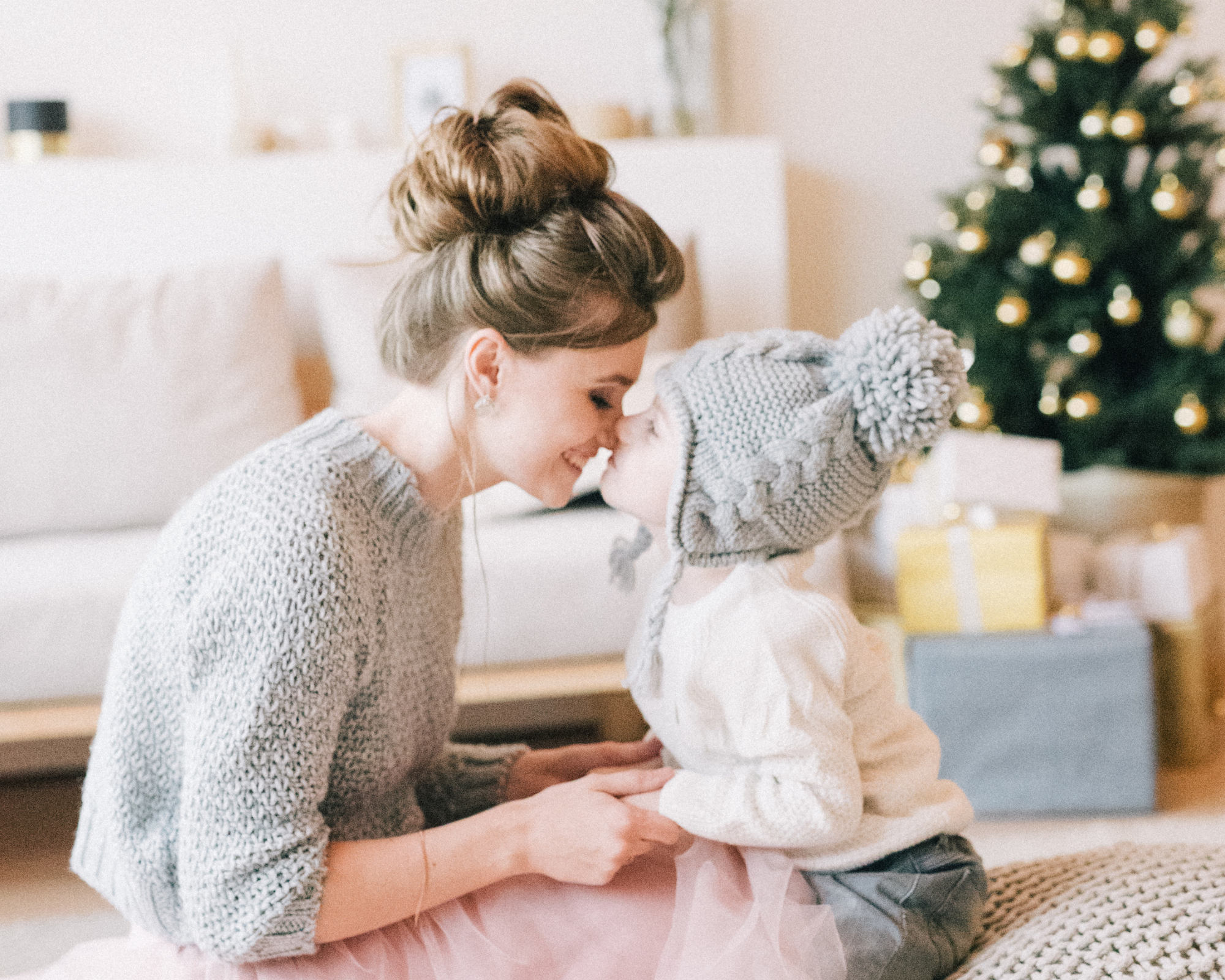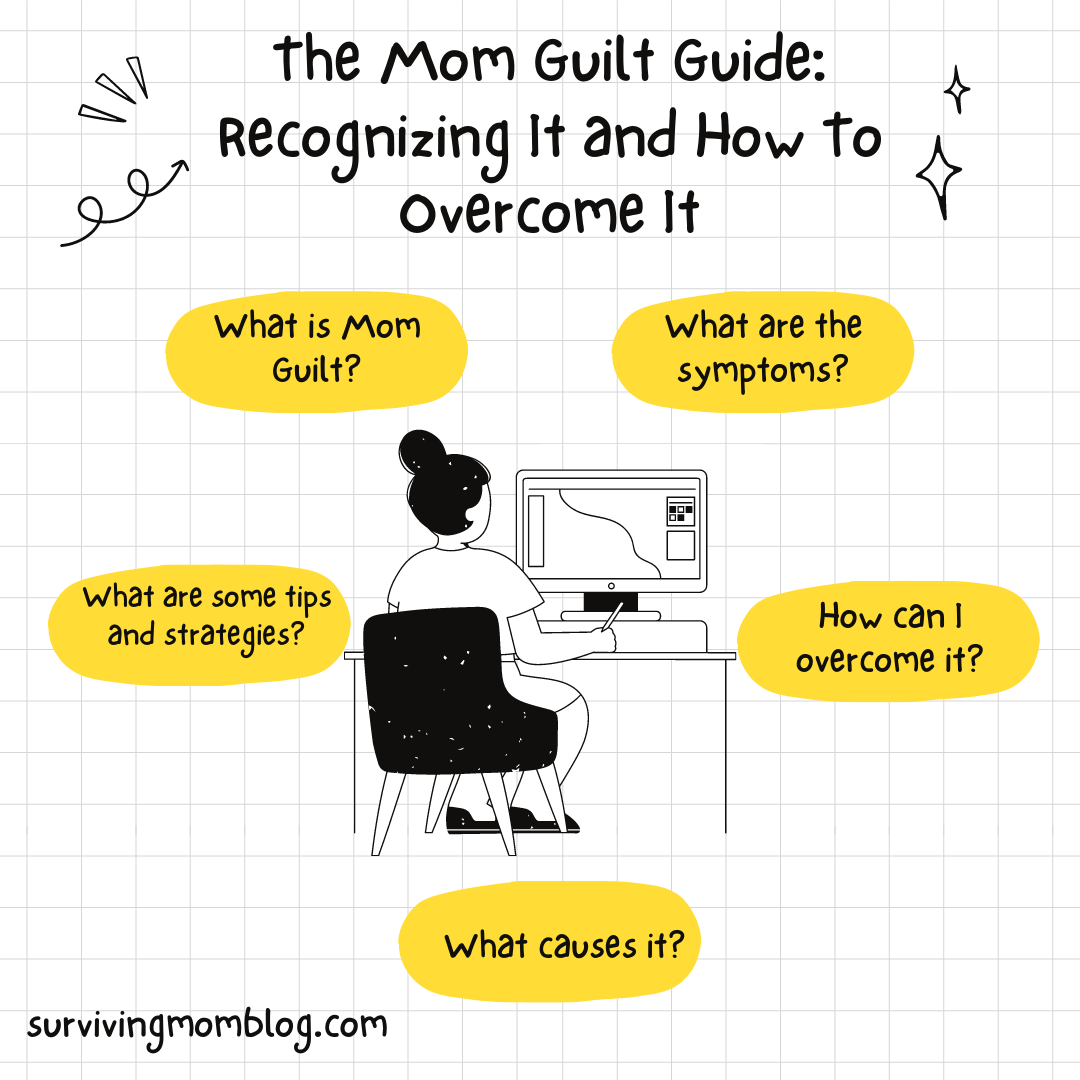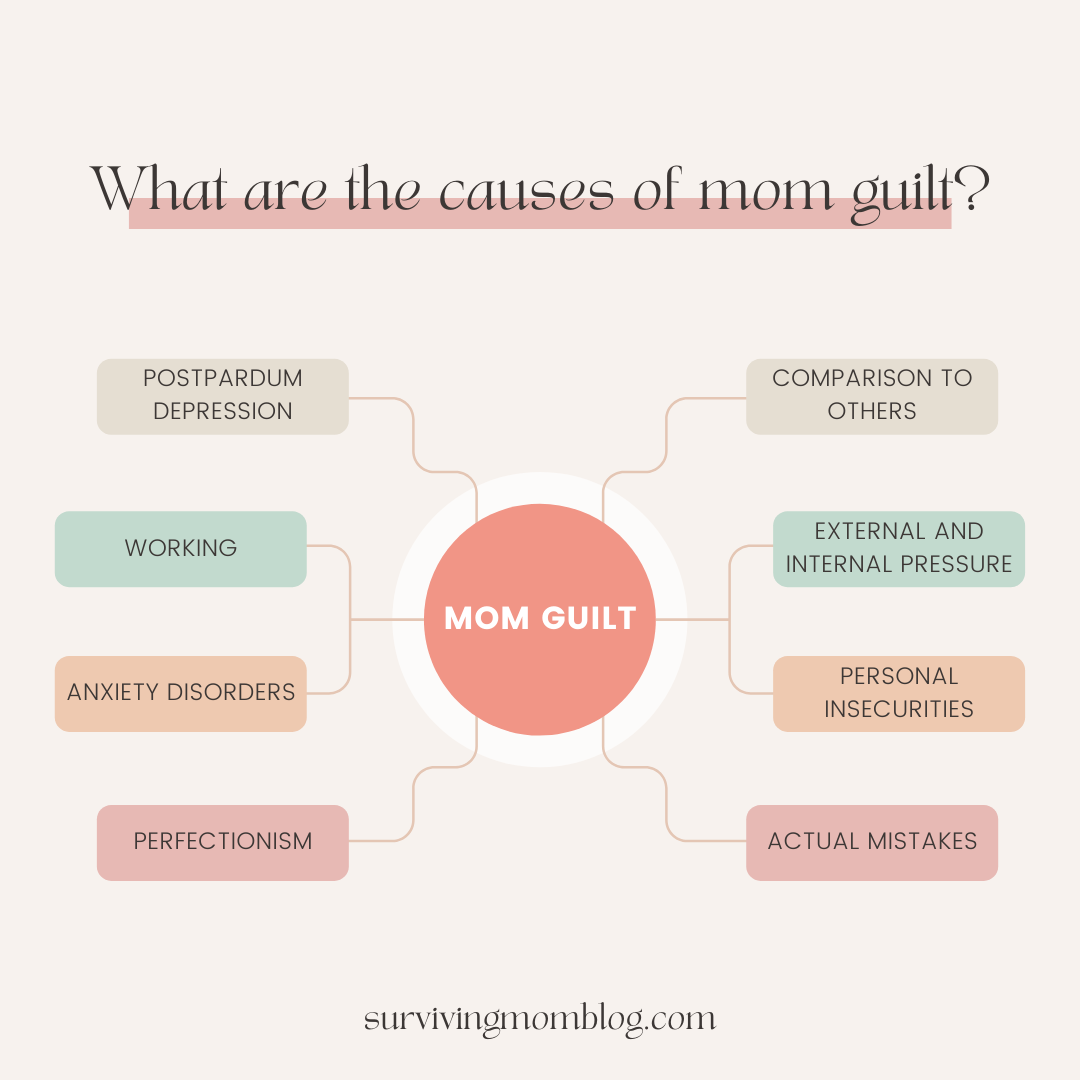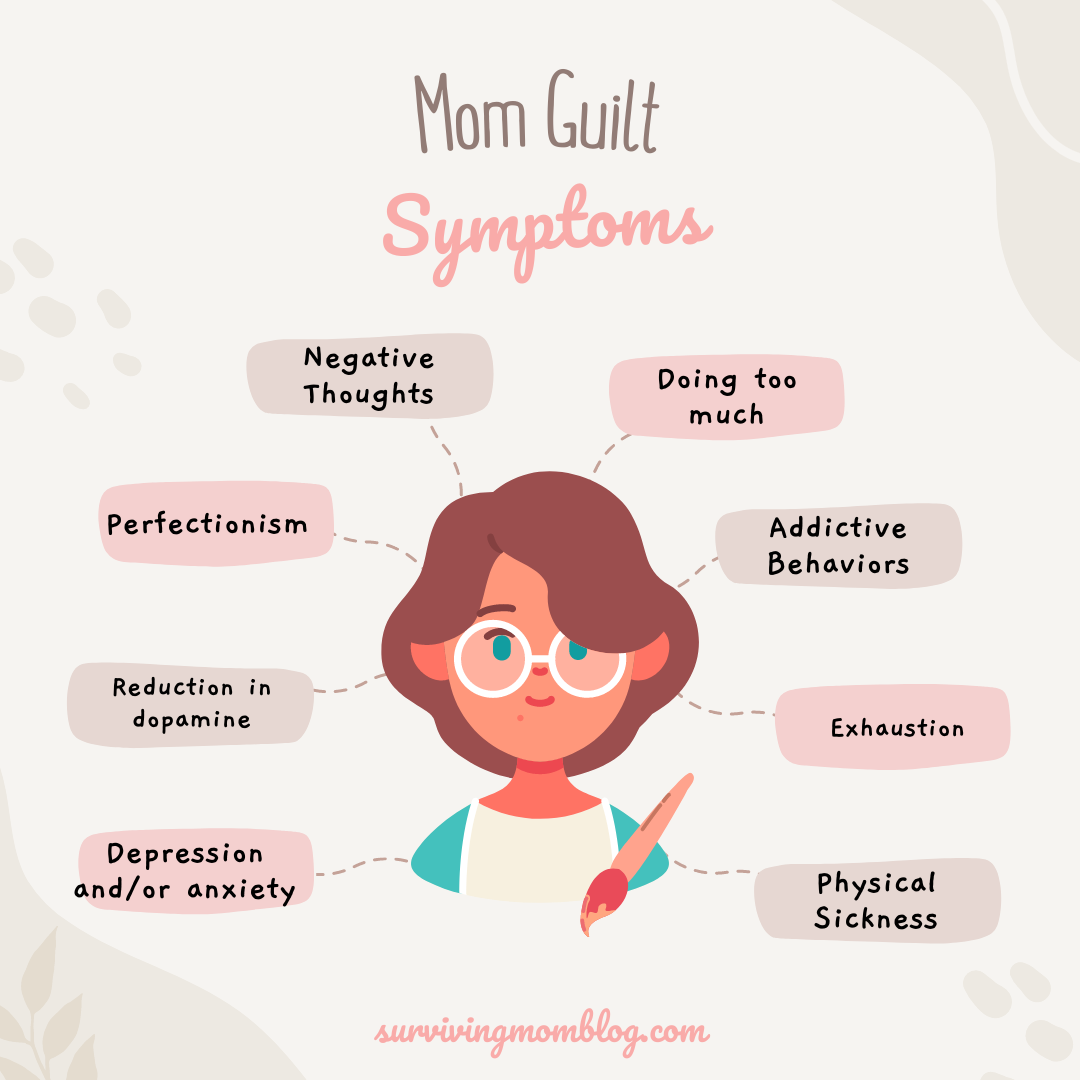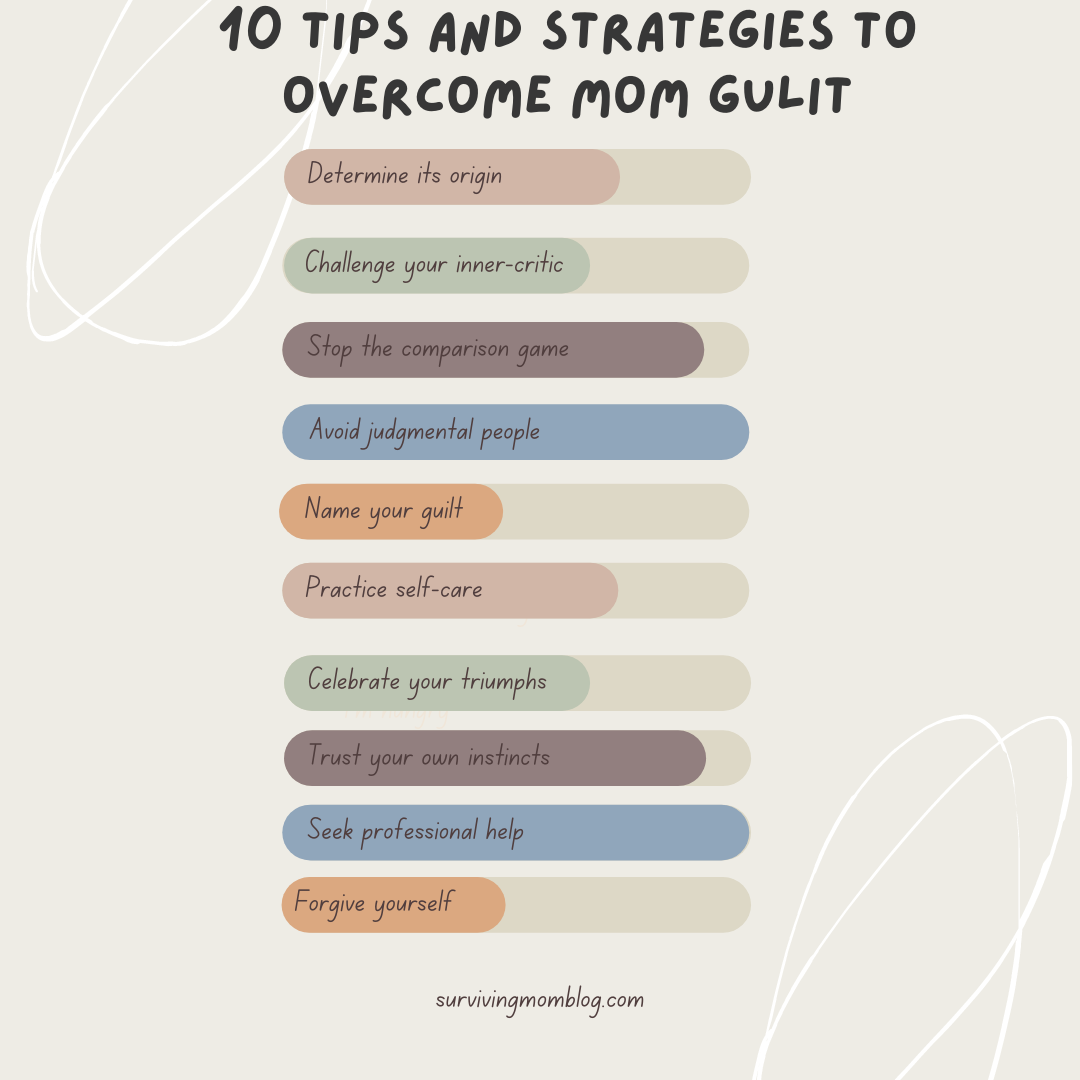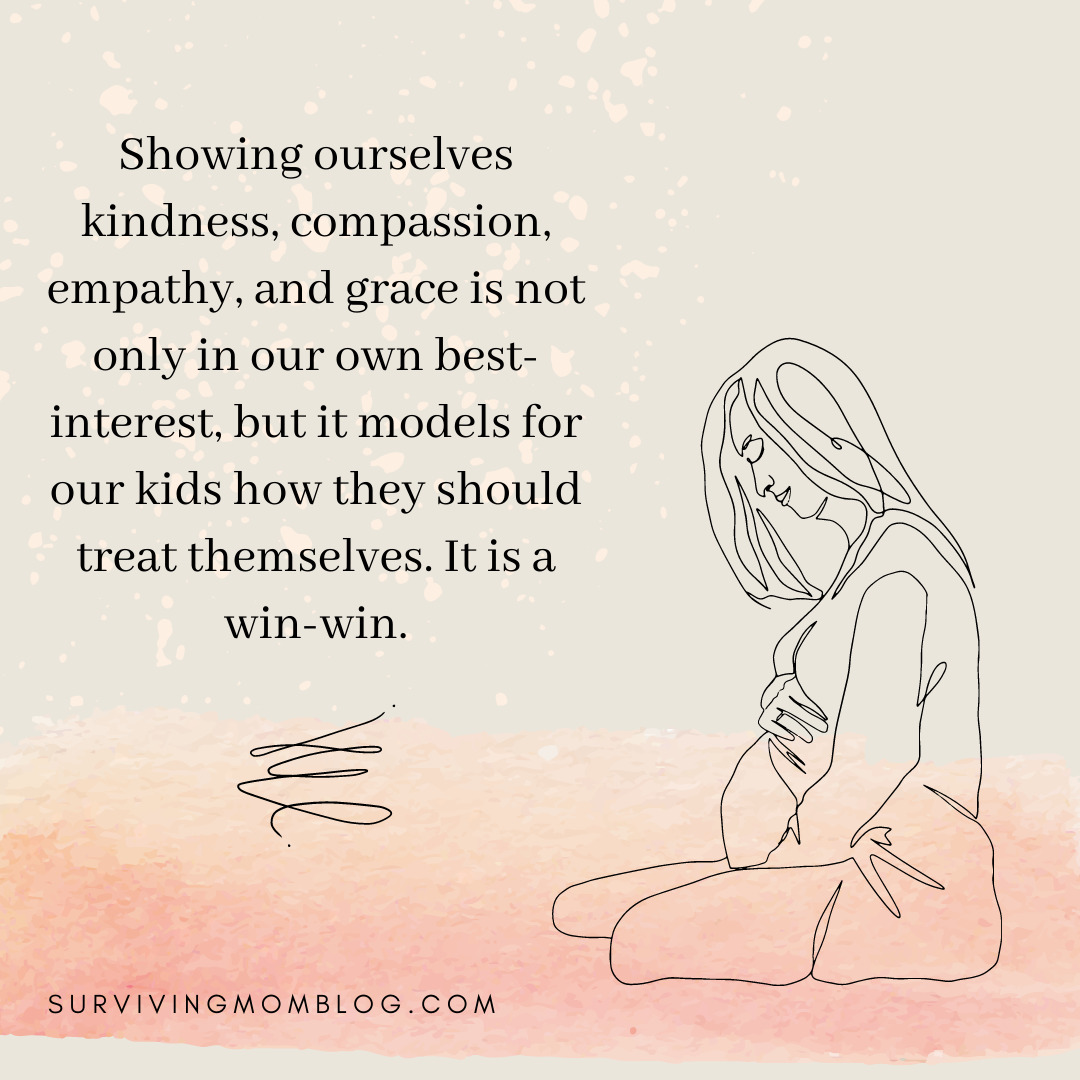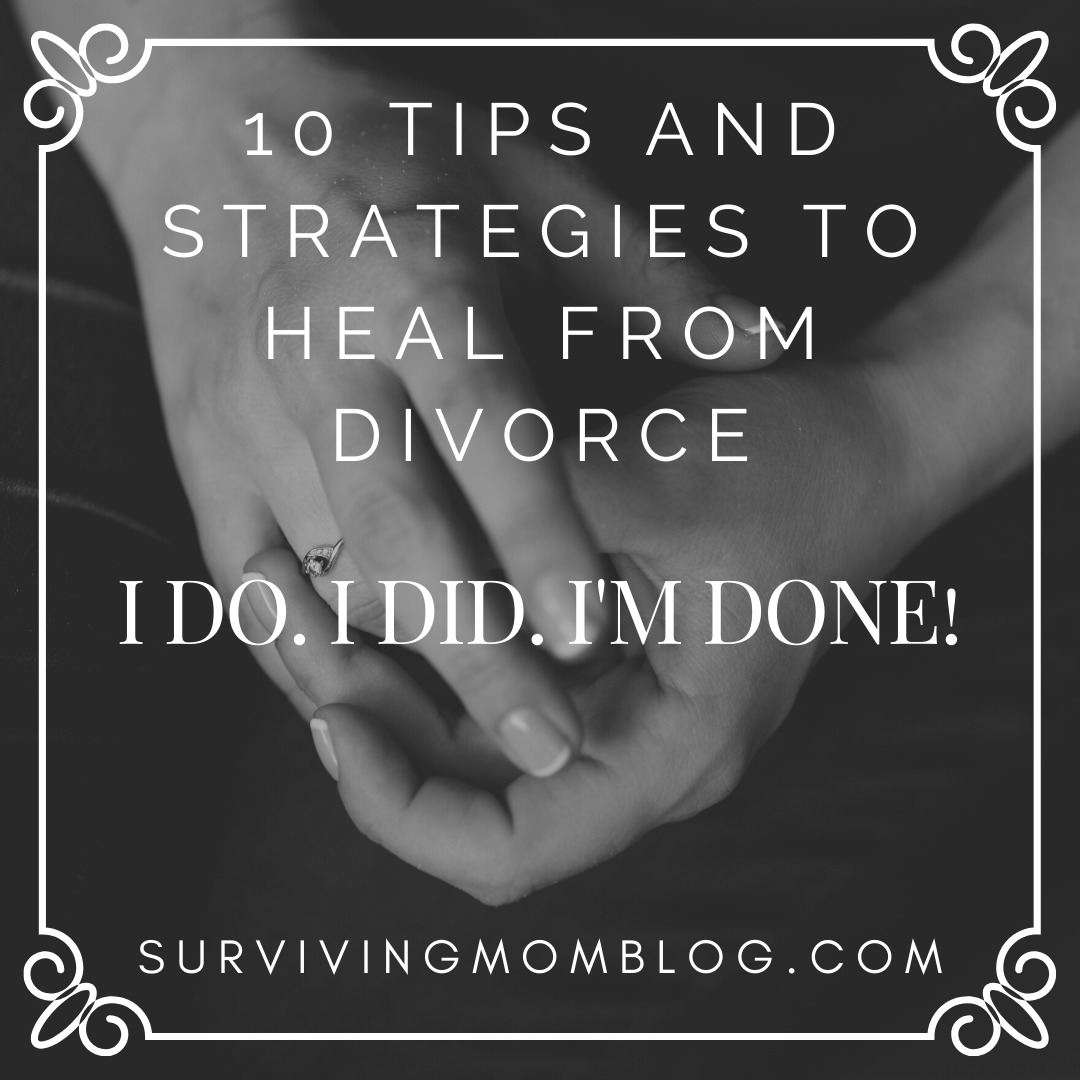
Regardless of the quality of your marriage or its duration, going through a divorce can be one of the most trying and difficult transitions of your life. Being able to heal and move on does not happen overnight. Acknowledging and processing your feelings in a healthy and productive way is crucial in order to heal from divorce and move forward.
I have wanted to discuss the topic of divorce for some time; however, I felt it was best to be written about by someone that experienced it firsthand. My husband was married once before, and he knows all too well about the pain of divorce. He is sharing in his own words about his divorce, as well as strategies to aid in healing.
Guest Post: MY DIVORCE STORY
I went to college at Ohio State. I had a very good time there, partying and enjoying my late teens and early 20s. In 2002, after Ohio State beat Michigan to go to the national championship game, my fraternity had a huge party. That night I started talking to this girl that I thought was cute. Perhaps it wasn’t the best way to start a relationship, as I don’t remember a lot of that night due to taking a lot of different substances. I started to date her right before winter break, and it continued once we got back to school after the holidays.
We dated for our last two years of school, and we continued our relationship after I moved back home to start working. I asked her to marry me when she came to visit me a month after I graduated from college. She said yes. We were engaged for almost two years because she wanted to get her masters and I wanted to get my career started.
I was always nervous about being in a long-distance relationship, and my fears came true.
Those two years were awful. The time apart started off fine, but as the months passed things got more difficult. We saw each other once a month, but when we weren’t together she would rarely call or return any of my calls. We would go longer and longer periods of time without speaking to each other. When I asked what was going on, I was told that she was busy and that everything was okay.
About two months before our wedding, she called me and told me that she wanted our engagement to be over. She said that she had kissed another guy and she didn’t feel comfortable moving forward with the marriage. My heart sank into my stomach. I talked with her and asked her to stay with me. I told her that I loved her and wanted to be with her in the worst way. At the end of the day, we both decided that we would get married and that our long-distance had taken a toll on the relationship.
This is one of my few regrets in life. I was a very young 23 year old who was terrified to be alone. Being single and starting over was not appealing to me. I should have known that if someone didn’t love me for who I was and wanted to be with me, then I should have let her go. At that time I didn’t know my own self worth. I identified who I was through her and by being with her, which was not a healthy way to live. The relationship should have ended and I could have started working on finding who I was as a person, which would have been a much healthier life choice.
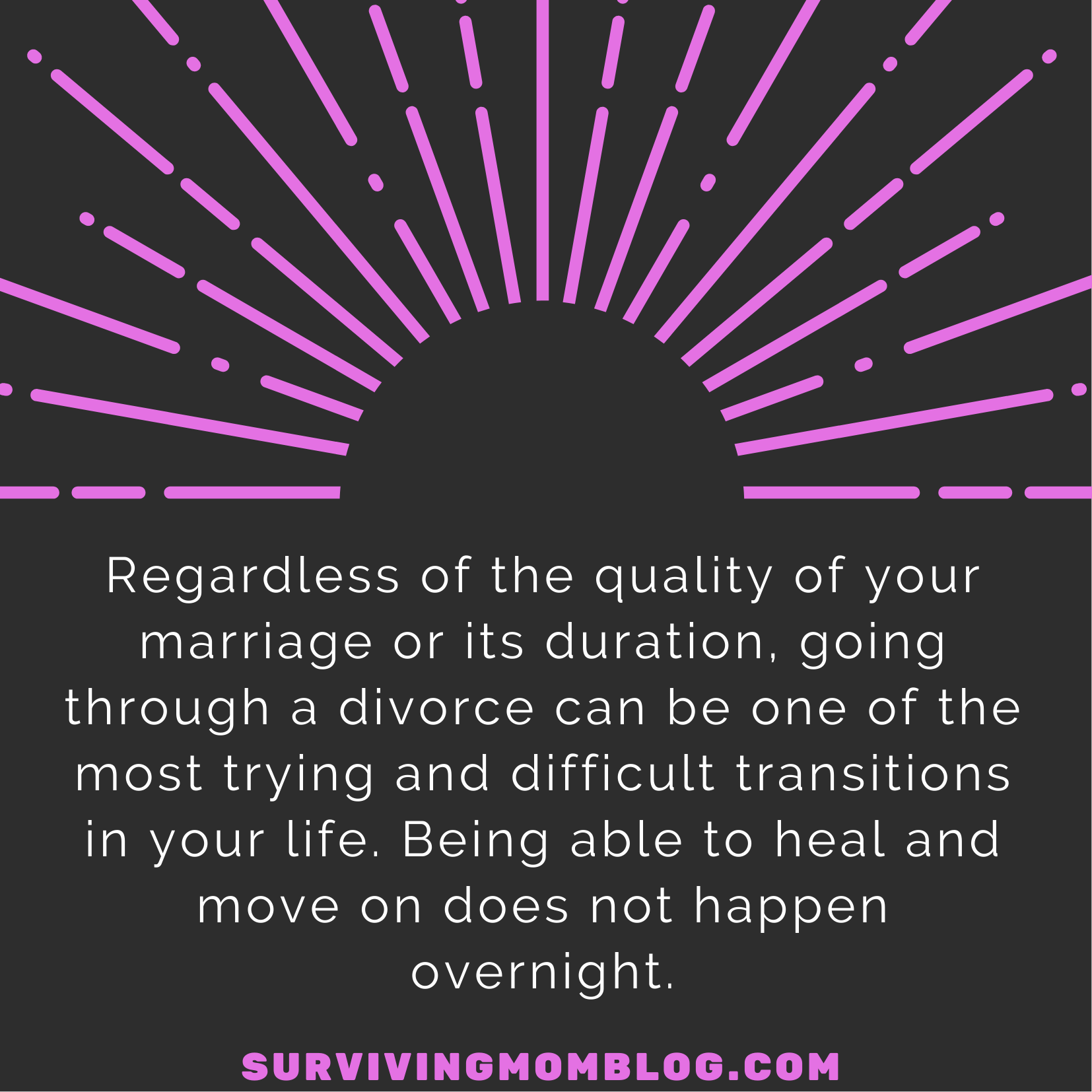
I told myself that once we got married and started living together, things would get better.
After our honeymoon we moved into our apartment in New Jersey. She got a job and started working. However, things never did get better. She would make calls with the door shut in our second bedroom or go outside. We would get into arguments or simply not speak to each other because we had the same personality type and didn’t know how to effectively communicate with each other.
We flew back to Ohio in December to spend time with her family. One Sunday I went with her brother to a bar to watch football. She didn’t want to go; she said she was tired. Her brother and I went and had a good time, but when I got back, I knew something was wrong. She was in her bedroom, under the covers, trying to sleep. I didn’t push the issue until we got back to New Jersey. A few days before New Year’s Eve I demanded to know what was going on. Eventually she told me that she cheated on me with a guy that lived in Ohio, and that it had been going on for several months. She told me she wanted a divorce. My marriage at that point was over, after only 6 months.
MY WAY OF EMOTIONAL HEALING WAS BY NOT FACING MY FEELINGS
We didn’t have any children together, so our divorce was straightforward and uncontested. Even though the process was very fast, it didn’t make how I felt any easier. I still loved her, even though what she did hurt me. I was alone and in a lot of pain.
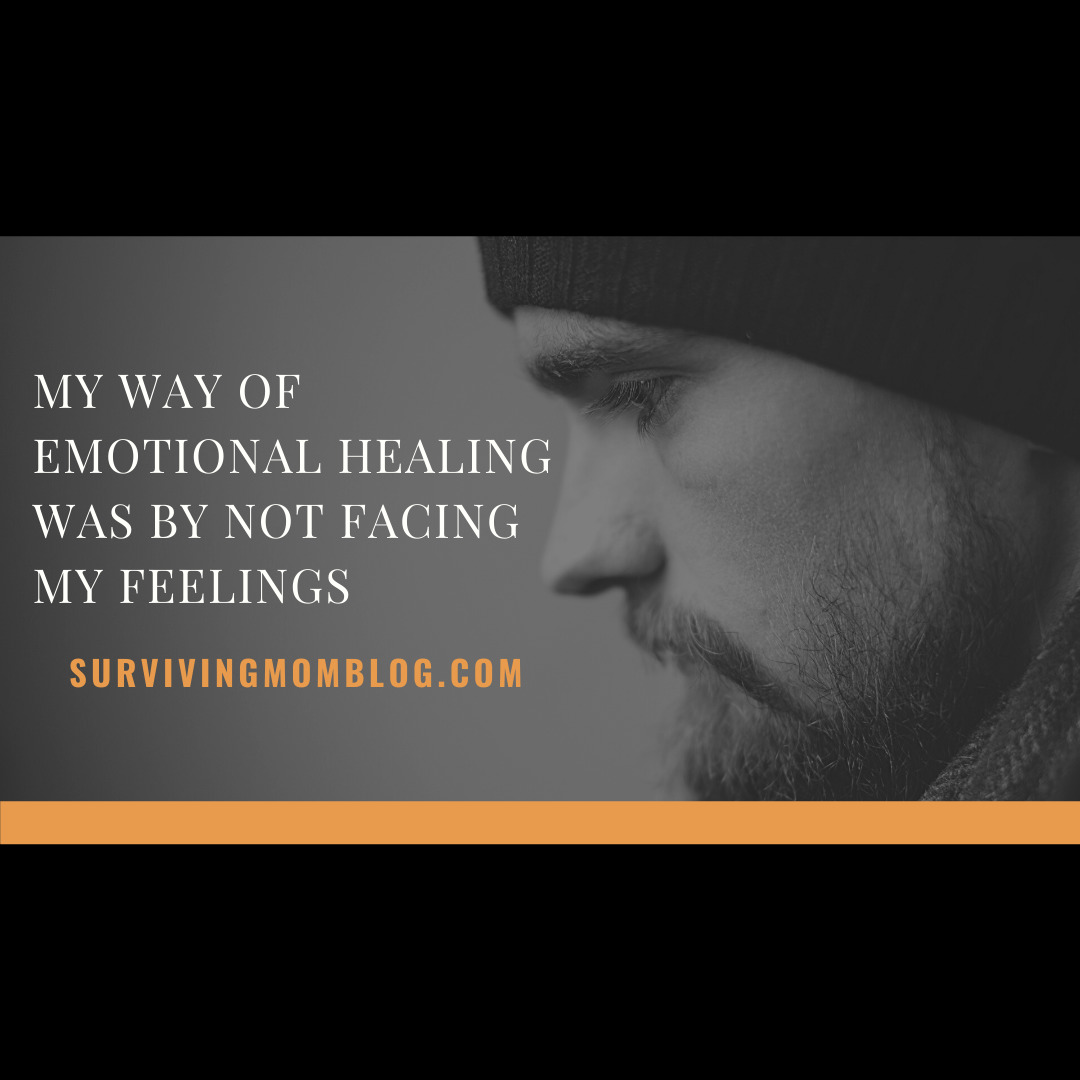
People need to process their feelings in order to heal from divorce. However, I decided that I did not want to feel the sadness coursing through my body. I spent as much time as I could drinking and partying. I’d go out most nights during the week after work, drink, and meet as many girls as I could. I dealt with my pain by not dealing with my pain at all. That course of action set off a chain of events that I would not realize for many years down the road.
I was planting the seeds to my alcohol and pill addiction by not processing my pain
It doesn’t matter if you are going through a simple divorce, or one where there are children involved. Going through that process is incredibly difficult and sad. Each person has an outlook on change. Some people handle change very well, accepting the changes and moving forward as best they can. Other people are resistant to change. If you are resistant to change, acceptance can be extremely difficult. Like any loss, admitting to yourself that your marriage is over can be incredibly painful. However, it is a necessary step to move forward with your life.
Emotional wellness and healing are of the utmost importance when you are going through a divorce, as well as after. There are many things that I wished I had done differently when I was going through my divorce.
TIPS AND STRATEGIES TO HELP HEAL FROM DIVORCE
Going through a separation or divorce can be very difficult, no matter the reason for it. It can turn your world upside down and make it hard to get through the work day and stay productive. Here are some things I wish I had done to get through this difficult adjustment:
(1) When you’re at your limit, stop
Everyone has a threshold of what they are able to accomplish in a day. You have to learn that when you hit that emotional threshold, you need to stop doing whatever you were doing. Continuing to work when you are physically, mentally, or emotionally exhausted will make things worse. It will wear you down and make you less productive. Stopping, taking a break, and coming back to your task will increase productivity. (com, 2021)
(2) It’s ok to not be ok
During a divorce or separation it’s normal to feel sad, angry, depressed, frustrated and confused. Divorce is a form of loss, and that means it is necessary to grieve. These feelings can be very intense. Give yourself permission to feel whatever you are feeling. Processing your feelings while you are going through them is a lot healthier to heal from divorce than suppressing them and having them resurface later in an unhealthy way. I learned the hard way that using alcohol or drugs as a way to cope will only lead to more problems.
(3) Get sleep
It’s completely normal to have trouble sleeping when you are going through a separation or divorce. However, sleep deprivation alters your ability to think, concentrate and remember things. If you are going through long periods of time not being able to sleep, it might be time to think about seeing your doctor or a psychologist to help process your emotions and feelings (org, 2021)
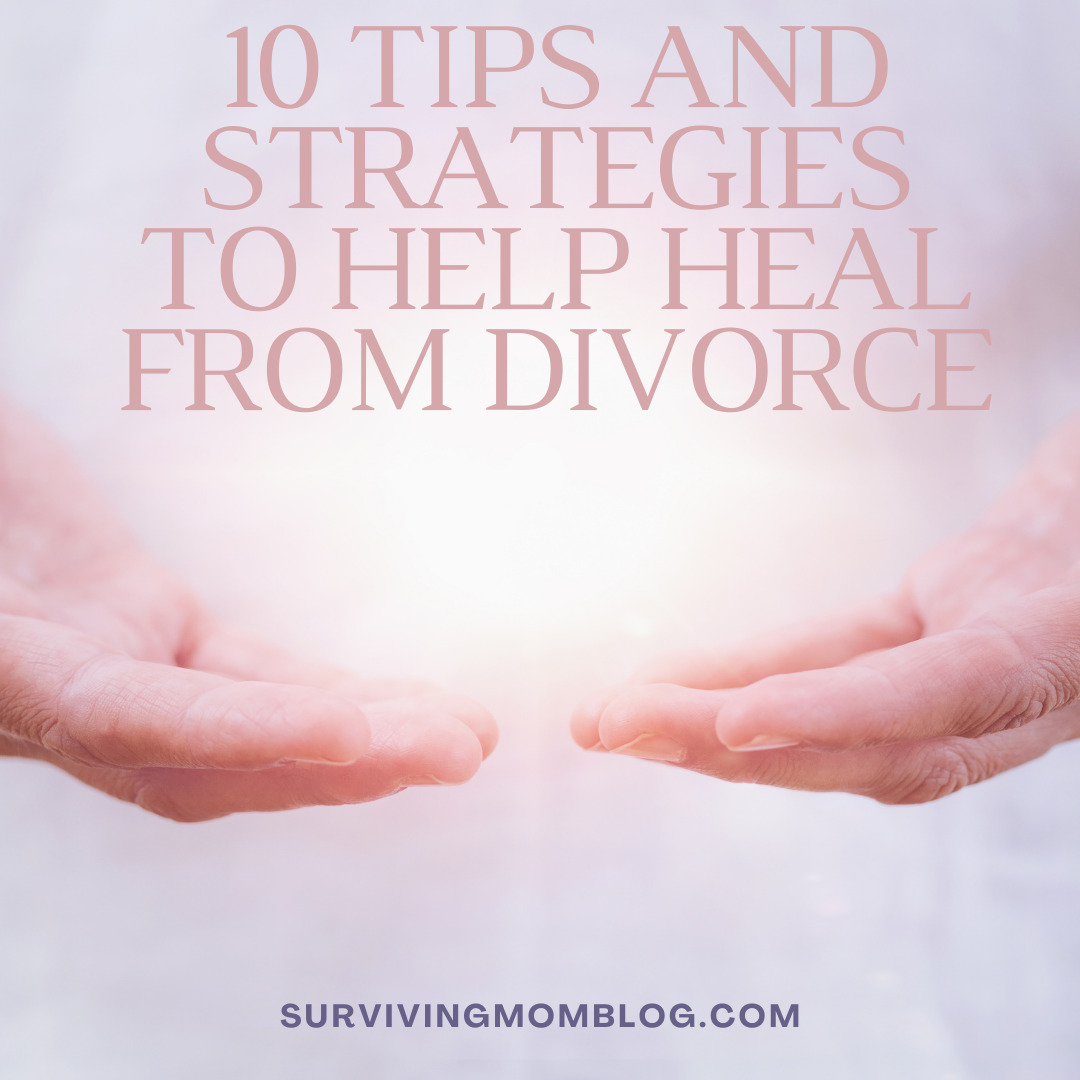
(4) Learn to say “no”
Going through a divorce will take a physical and emotional toll on your mind and body. Outside of work and spending time with your kids, there might be other commitments that you are unable to do. It’s okay to say no to them and take the time for yourself.
(5) Exercise
Self-care goes a long way to helping yourself heal your mind and body. Regular exercise will boost your energy, help improve your mood and will also help you sleep better. It is a phenomenal way to relieve stress and help work your emotions out of your body.
(6) Set and Respect your Boundaries
Once you start the process of separation or divorce, it is extremely important to set new boundaries that you would like to have in your life. Your ex may have to stay a part of your life if there are kids. It is crucial to implement and set boundaries to find a way to co-exist. It is also important to set boundaries with family and friends about what you need during this time. Doing so might feel awkward at first, but the more you state your needs, the more you will be able to free yourself mentally and emotionally . This will help in your healing from the divorce. (com, 2021)
(7) Take time to explore your interests
When you were married, you had to compromise with your spouse and didn’t always get to do what you wanted. Now that you are single, use this time to explore new things that might be of interest to you. It will not only give yourself enjoyment, but also let you find your new self and help to make you grow through this difficult time.
(8) Don’t involve your children in the conflict
If you have children in your marriage than this one is for you. Avoid arguing with your ex in front of your children or talking negatively about your ex in front of or to your children. Don’t use them as spies or messengers or make them take sides. Try to keep them out of it as much as you can.
(9) Don’t go through this alone
Being able to share your feelings with family and friends is invaluable. They can be there to help support you during this difficult time. Also consider joining a support group where you can talk with others going through similar situations. Isolating yourself can cause you more stress and amplify your negative feelings and emotions. (org, 2021)
(10) Learn to let go
Divorce is full of things that you will not be able to control. Instead of being angry about how the process goes, or how your former spouse acts, consciously decide to not focus your energy on things you can’t control.
Everybody has gone through something that changed them in a way where they could never go back to the person they once were. That’s not necessarily a bad thing. The transformation that you go through during your healing journey from divorce is one of self-discovery and personal transformation. Anyone who gets divorced goes through pain, but you come out of it. When I was going through my divorce, I was crushed. I spent a lot of the time either crying or numbing myself to keep myself from crying. I buried my feelings so far inside of me under lock and key so it would never come to the surface.
In retrospect, I wish I had used the strategies that I wrote in this post. They would have helped me to grow into a better person than what I became out of that dark period in my life. It took me a very long time to become a better person, a person who can at least try to face my feelings and heal the scars and wounds that I have from that time. Grieving is such an important thing to do, because it helps you to move on from despair into hope. Hope that things will get better and that good can come from the pain and trying times that you had to endure.
Divorce is not easy for anyone to go through. There is no right or only way to heal from divorce. What I do know is that things will get better. Live your life to the fullest. Life will get back to normal, it will just be a new normal. I don’t regret my past marriage, because it led me to my wife and the life that I have with her today. I will always be grateful for the path that I had to travel because it led me to her. It was necessary to go through the darkest time of my life in order to receive the love from a woman who truly loves every part of me. Divorce is terrible, but you will get through it.
